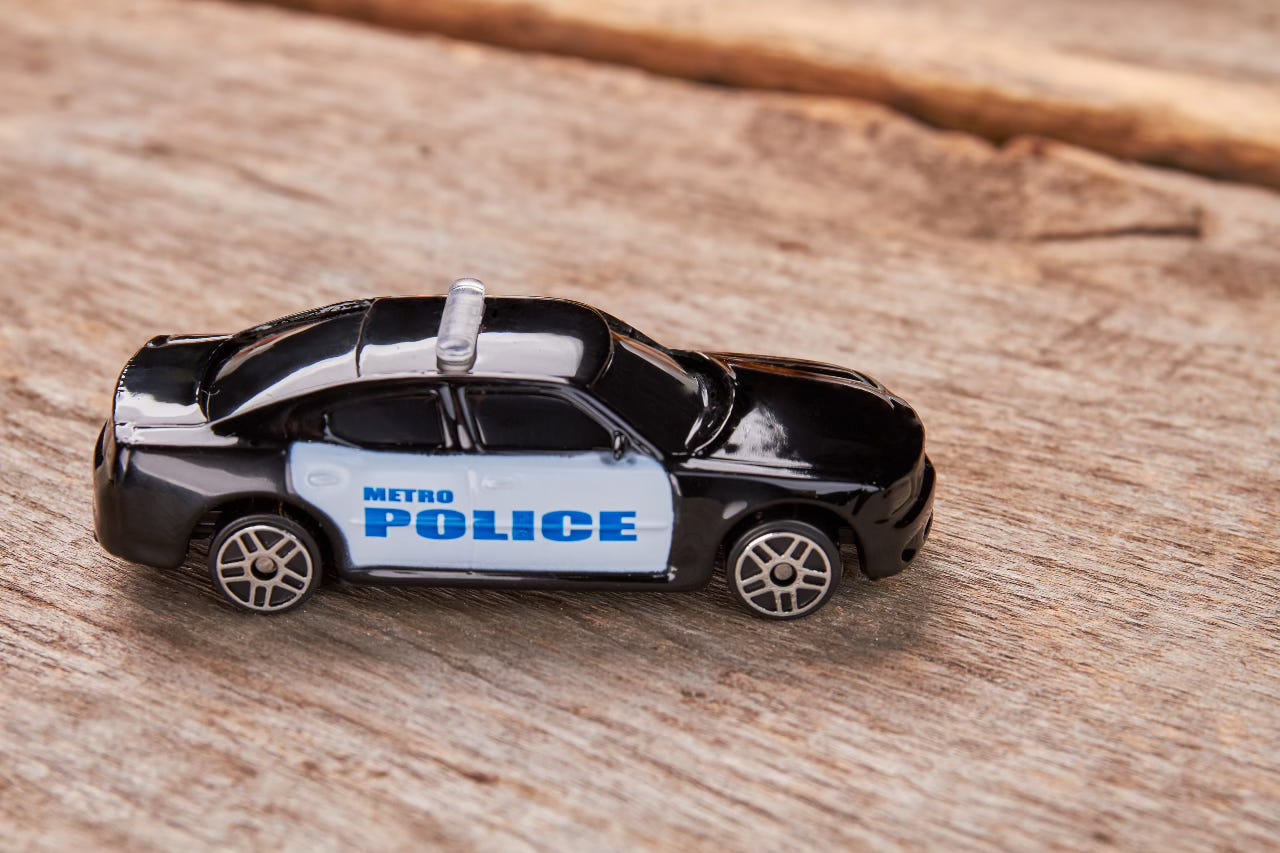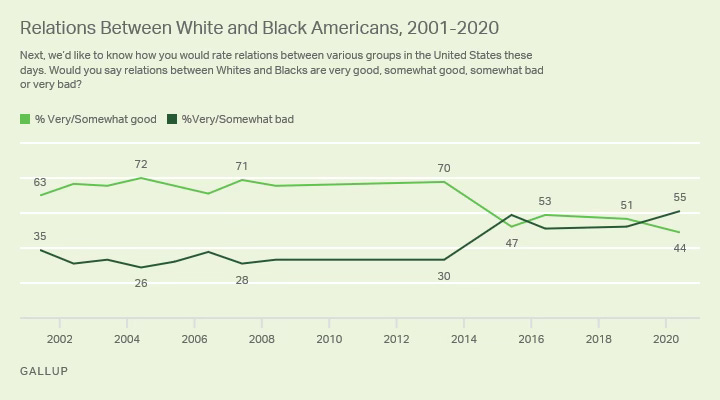Ensuring Integrity: Three Non-Negotiables in Recruiting Generation Z Police Officers
The best basic practices and traditions must be maintained by the police force of tomorrow
I’m bullish on the future of law enforcement despite the evidence. We have cause for caution as we welcome a generation that celebrates imagined afflictions and disabilities like merit badges.
Several years ago, a major video game company moved in the floor above a global investment firm in an office park. Investigating a racket from upstairs they found the breakroom area included skateboarding obstacles like a pyramid, vert ramp, half-pipe and a grind box. There was no question of who worked for each company on food truck Tuesdays. Talk about a clash of cultures.
The culture change in the law enforcement profession cannot be as accommodating. Today, agencies are addressing recruiting concerns by lowering standards and blaming Generation Z. Those are both big mistakes.
Detroit is offering to help candidates clear warrants and traffic cases so applicants can put in for officer positions. Philadelphia lowered the passing score on reading comprehension. The NYPD eliminated a run at the conclusion of their academy, a 1.5 mile run that was barely swifter than a fast walk. Both the Los Angeles (city) Police Department and the Los Angeles (county) Sheriff’s Department are hiring DACA Dreamers who are functionally illegal aliens as law enforcement officers in violation of federal firearms law. Even today, I read an op-ed from a New England police chief discussing his past history of having a handful of vacancies and choosing between more than 500 qualified applicants.
There is a false narrative is that there is a scarcity of suitable candidates in Generation Z. Nationally, poor leadership has soured the profession at the root. The reaction, from that failed leadership, deflects from the fact that the past primary source of talent, which were recommendations and support from serving families, has dried up due to the betrayal by leadership.
Influential commentators who rarely give any thought to policing and public safety, often ask ‘who would become a cop today?’ In New York State, the 50-A statutory protections for officers, in existence since 1976, were cancelled in 2020 with a stroke of a pen by the governor. Across the country, qualified immunity was a frequent target. Colorado took a huge hit. In many cities, hard won rights, often concessions that were offered by cities to bargaining units over the past decades in lieu of raises, regarding discipline, officer’s rights in the process, and binding arbitration, vanished overnight.
We don’t immediately need 800,000 new law enforcement officers to take the oath, but it would be beneficial to gain a minimum of 32,000 per year. We have nearly 24,000 high schools in the United States. Is it too much to ask that two, per school and per year, on average, track towards law enforcement in their college careers?
Ethical standards and integrity
Every occasion where we permit an individual with a criminal history, and as mentioned previously, active warrants, to continue in the hiring process, we add a drop of arsenic to the pool of candidates. We must recognize that as a group, high standards guide officers to uphold honesty and fairness in their interactions with the community. But, when we knowingly bring in candidates who have been caught engaged in criminality, while we forgive them for the instance where they had to face justice, is there any degree of confidence that they were unlucky enough to get busted the first time they broke the law. More likely, we will be introducing those who engaged in criminal conduct more than once and some as a lifestyle.
The opposite dimension is hiring officers with elevated contemporary standards. Generation Z sincerely believe in social justice issues which are the unwritten rules of the new millennium. These include a different perspective of the illegal drug user as they’ve witnessed, to different degrees around the country laws liberalizing possession and use of illicit drugs, and have family and other close relationships, that have drug habits. To many young people, climate science is indisputable fact, and have been terrorized to the degree they believe the planet is pushed to the brink of near immediate collapse. They’re also the first generation, in centuries, where the concept of gender is not settled.
Diversity and cultural sensitivity
I’m told that the diversity and cultural sensitivity in Generation Z police officers can be seen as an asset in promoting community trust and cooperation. With their disposition and experience, many believe Generation Z officers can help bridge gaps, reduce biases, and enhance communication within their communities.
I have to disagree as the data doesn’t line up on this. I have seen both Boomer and Generation X officers police professionally during an era marked by increased acceptance and with metrics trending toward racial reconciliation destroyed by false narratives beginning in 2012. The data is on my side. Graphs displaying 15 years of data show a nose dive beginning in 2015 when asked if race relations are improving. Gallup reports “most Americans were upbeat about White-Black relations from 2001 through 2013, with the percentage calling them good to any degree ranging from 63% to 72%. The sharp decline in positive perceptions to 47% in 2015 followed numerous high-profile incidents in the prior year of unarmed Black citizens being killed by White police officers.”
In 2021, The Atlantic reported: “The NYPD has seen a 14 percent drop in Black officers since 2008, from a high of 4,162 to 3,598 this September.” In the same article it notes that Philadelphia Police Department has lost 19% of its black officers since 2017 and Chicago, 12% since 2019.
We can hope that Generation Z will be a catalyst to encourage further diversity in the ranks. Unfortunately, the element of cultural sensitivity can be double edged sword, literally subdividing groups in ever smaller minorities. Asking the next generation to do as well as the previous two generations should be fair enough.

Technological competence but focus on the basics
The next generation of police officers are a group of people that have a recognition of the technological advances of law enforcement and understand the importance of leveraging technology to solve crime. This generation can improve the digital literacy of all ranks.
In modern law enforcement, technology plays a crucial role in aiding investigations, surveillance, and communication, and Generation Z's familiarity with technology can be a resource in utilizing these new tools effectively.
However, the most basic human law enforcement talents remain essential. DNA rarely convicts or exonerates in isolation. Latent fingerprints are information that become evidence following a substantial amount of old-fashioned detective work. Ron Goldman’s blood on O.J. Simpson’s Ford Bronco seatbelt should have been evidence that leads to a conviction. It’s my best example of how evidence gains value from context and circumstances. Famous cases with abundant evidence remain unsolved.
As a profession, the gathering of information, the identification of its relevance along with interviews of the principles of the case, determine the solution. We may be on the verge of losing the most valuable and basic talents in policing.
I was recently at a press conference, for two high schoolers who were recent murder victims of gun violence, wondering how many new officers know how to develop confidential informants, the laws governing police use of informants (Florida: Rachel’s law), and registering and paying for information. This is one of law enforcement’s most powerful tools and we aren’t regularly training cops how to develop C.I.s successfully in their field training. Another benefit, it erodes criminal-to-criminal trust. How many new officers, those hired after 2020, referred to by a respected law enforcement trainer as Covid Cops, have received any training in proactive policing?
A huge mistake in addressing our recruiting crisis is that we blame Generation Z and their characteristics, habits, and quirks. We wrongly pass the blame to them that belongs to leadership who has failed policing dramatically. Let’s address why people are leaving in droves and then begin rebuilding our ranks.
Please keep all law enforcement in your prayers, especially the family of NYPD Ofc. Diller.
Roland Clee served a major Florida police department as a Community Service Officer for more than 26 years. His career included uniformed patrol, training, media relations, intelligence, criminal investigations, and chief’s staff. He writes the American Peace Officer newsletter, speaks at public safety, recruiting and leadership conferences and helps local governments and public safety agencies through his business, Command Staff Consulting.
References
https://news.gallup.com/poll/318851/perceptions-white-black-relations-sink-new-low.aspx







Exceptionally done!